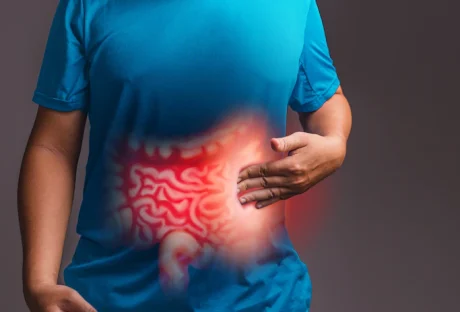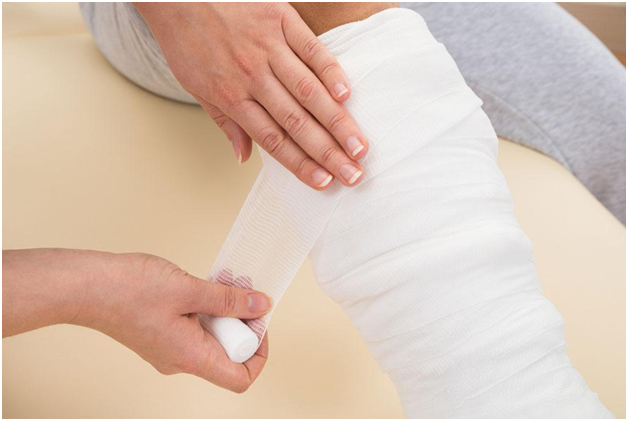For some people, starting the gym routine is difficult enough in itself. Most say that is the toughest part, and once you actually start going, things will move on smoothly from there.
But what if you simply lose motivation along the way?
If it becomes really hard for you to find that time slot for the gym, and there is nothing to move you, nothing to make you look forward to it? Of course, there are people who absolutely don’t have such problems, but if you are not among them, and if you’re struggling to keep up the good work, there has to be something that can make you stay.
It would be a pity to throw away all that effort and just give up. It’s okay to lower the intensity if you think you’ve achieved the desired result or if you simply don’t have so much time anymore, but it would be a real pity to totally quit. Here’s what experts at World Gym Palm Desert suggest could keep you going.
Combine:
If you always follow the same routine, your body, as well as your mind, will soon get used to it, and eventually get super bored with it.
Also, if your body gets used to something, your workout won’t be so efficient and you certainly won’t get the best results, as the routine exercises become too easy for your body.
It’s important to have a diverse exercise regime for more than one reason. Doing things ad hoc, however, is not such a good idea, so it’s best to make a plan for every week or month and make sure it includes different exercises every time.
What’s more, you can also try taking up some group programs. They are quite dynamic, you don’t have to think about the exercise program and you get to know new people. Plus they can be really effective.
Working with personal trainers can also be effective, even though it costs extra money.
Also Read: Best Home Workout Bar in 2022
Leave Time for Your Favorite Thing:
Every one of us probably has a favorite activity at the gym (and of course, the least favorite one, but you have to do what you have to do).
Even though you know your priorities and try to keep a diverse exercise regime, you should still have fun at the gym. So make sure you leave a little bit of time to enjoy your favorite activity.
It maybe doesn’t include your critical muscle group, but it could be crucial for keeping you on track. And whatever it is, it’s certainly beneficial for your body. So “treat” yourself and “steal” ten or fifteen minutes from the “obligatory” regime to do what you really like and enjoy.
Just make sure you don’t overdo it, in the sense that you don’t put too much pressure on one group of muscles.
Get Some Good Company:
This is one can be a bit tricky since if you start going to the gym with someone, you might easily give up if that person decides to give up.
If, however, your gym fellow is more disciplined and motivated than you, it can serve as an incentive for you. If you like spending time with that person, going to the gym can easily become fun and pleasure.
You will automatically associate the gym with the time spent with that person and you will look forward to it. Even if you start on your own, you make some friends at the gym. If you befriend them, it probably means they are regular there, so they might serve as a motivation as well.
Time passes much faster in good company. Your exercising can have more positive effects on your life, not just making you fit and healthy, but getting new friends.
Read Also :






















